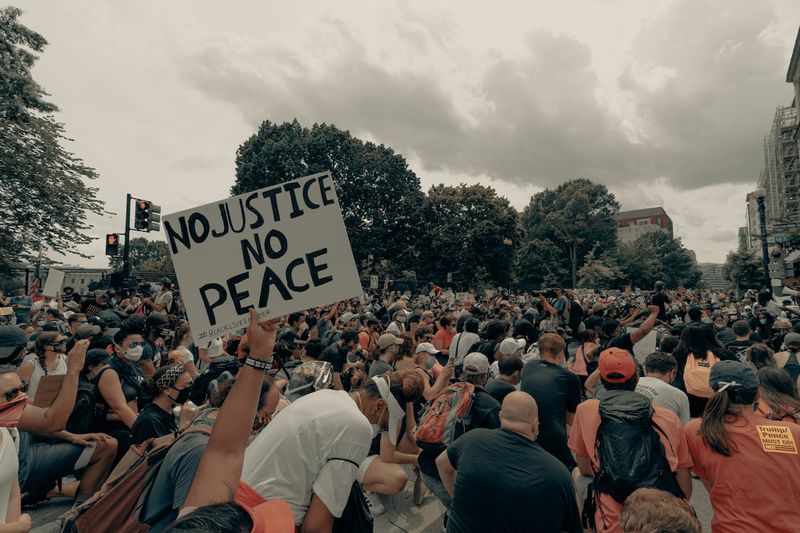### Background
In November 2016, the Ugandan military raided the palace of Charles Mumbere, the king of the Rwenzururu kingdom, in Kasese, Western Uganda. The military operation resulted in the death of over 100 people, including 15 children. The government claimed that the kingdom sought to secede from Uganda and that the military had intervened to break up an alleged armed separatist movement. The authorities indiscriminately arrested Mumbere and scores of others at the palace, including children, and transferred them to the Nalufenya police station, where they were subjected to severe beatings, interrogations, and charged with treason, terrorism, and murder.
### Unanswered Questions and Impunity
Almost seven years later, there has been no independent investigation into the use of force by the police and military during the Kasese massacre. The Ugandan government has failed to identify those responsible for the killings and hold them accountable, despite repeated calls for action by Human Rights Watch and other organizations. The government has argued that the investigations cannot be conducted until the arrested civilians are tried, perpetuating impunity and denying justice to the families and victims in Kasese.
### Devastating Impact and Human Rights Violations
The consequences of the Kasese massacre and the subsequent mass arrests have been devastating for the local community. Security officials continued to arrest people accused of being royal guards in Kasese, creating a climate of fear. Families of the victims have been denied the opportunity to bury their loved ones, as government officials buried at least 52 bodies in individual graves inside military barracks without proper identification. This lack of closure has perpetuated the pain and anguish of the affected families. Furthermore, more than 200 children have been left without parents, leading to significant economic hardship as many of the deceased were the breadwinners of their families.
### Call for Accountability and Justice
The recent dropping of charges against 218 civilians who were arrested during the raid is a small step towards justice, but it is far from sufficient. The Ugandan authorities must ensure an independent investigation into the conduct of the security forces during the Kasese massacre. It is imperative that those responsible for the killings be identified and held accountable, in accordance with Uganda‘s international and regional human rights commitments.
### Importance of Truth and Redress
The truth is a fundamental pillar of justice, and the families and victims of the Kasese massacre have the right to know what happened and why. Without a thorough and impartial investigation, the wounds of the community will never fully heal. The Ugandan government must prioritize truth-seeking as an essential component of any justice system. It is only through a comprehensive understanding of the events that the country can address its past and move forward toward a more just and inclusive future.
### International Pressure and Support
The international community has a role to play in advocating for justice and accountability in Uganda. Governments, human rights organizations, and the media should continue to shine a spotlight on the Kasese massacre and press the Ugandan authorities to take action. Organizations like Human Rights Watch have been at the forefront of calling for justice, and continued support for their work is crucial in maintaining momentum and ensuring that the voices of the victims are heard.
### Conclusion
The Kasese massacre stands as a dark chapter in Uganda‘s history, and the lack of accountability for the killings is a stain on the country’s commitment to human rights. To rectify this injustice, it is imperative that an independent investigation be conducted, those responsible be held accountable, and the victims and their families be provided with the truth and redress they deserve. The quest for justice should not be forgotten, and Uganda must uphold its international and regional human rights commitments to ensure that such atrocities are not repeated in the future.

<< photo by Clay Banks >>
The image is for illustrative purposes only and does not depict the actual situation.
You might want to read !
- A New Reparations Process Must Be Instituted to Address Germany’s Crimes Against Namibia’s Herero and Nama People
- Costa Rica’s Urgent Need to Ban Invasive Spyware
- EU Parliament Strengthens Human Rights with New Corporate Due Diligence Legislation
- The Pylos Tragedy: A Stark Reminder of the Urgency for Safe and Legal Routes to Europe
- “Spyware Inquiry in EU: Towards Enhanced Regulation of Surveillance”
- Ukraine’s LGBT Center: Attacked and Defiant
- Denied Justice: Migrant Workers as Qatar World Cup Security Guards
- Rights First: What the US Should Prioritize in Its Top-Level Visit to China
- Argentina’s Duty: Pursuing Justice for Crimes Against Humanity in Venezuela